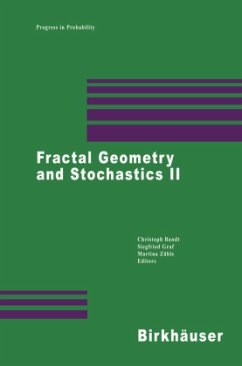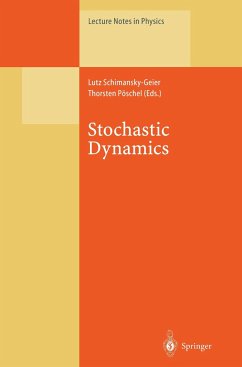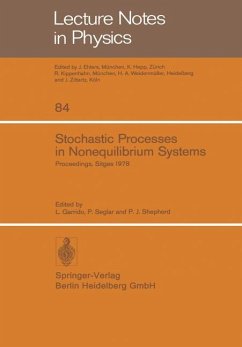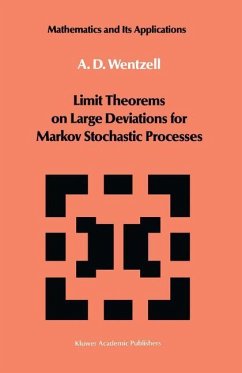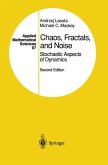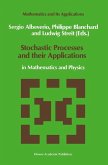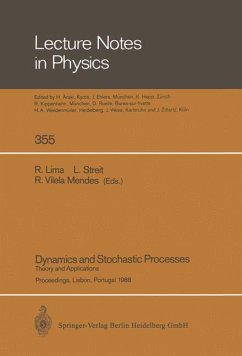The second conference on Fractal Geometry and Stochastics was held at Greifs wald/Koserow, Germany from August 28 to September 2, 1998. Four years had passed after the first conference with this theme and during this period the interest in the subject had rapidly increased. More than one hundred mathematicians from twenty-two countries attended the second conference and most of them presented their newest results. Since it is impossible to collect all these contributions in a book of moderate size we decided to ask the 13 main speakers to write an account of their subject of interest. The corresponding articles are gathered in this volume. Many of them combine a sketch of the historical development with a thorough discussion of the most recent results of the fields considered. We believe that these surveys are of benefit to the readers who want to be introduced to the subject as well as to the specialists. We also think that this book reflects the main directions of research in this thriving area of mathematics. We express our gratitude to the Deutsche Forschungsgemeinschaft whose financial support enabled us to organize the conference. The Editors Introduction Fractal geometry deals with geometric objects that show a high degree of irregu larity on all levels of magnitude and, therefore, cannot be investigated by methods of classical geometry but, nevertheless, are interesting models for phenomena in physics, chemistry, biology, astronomy and other sciences.
Bitte wählen Sie Ihr Anliegen aus.
Rechnungen
Retourenschein anfordern
Bestellstatus
Storno

